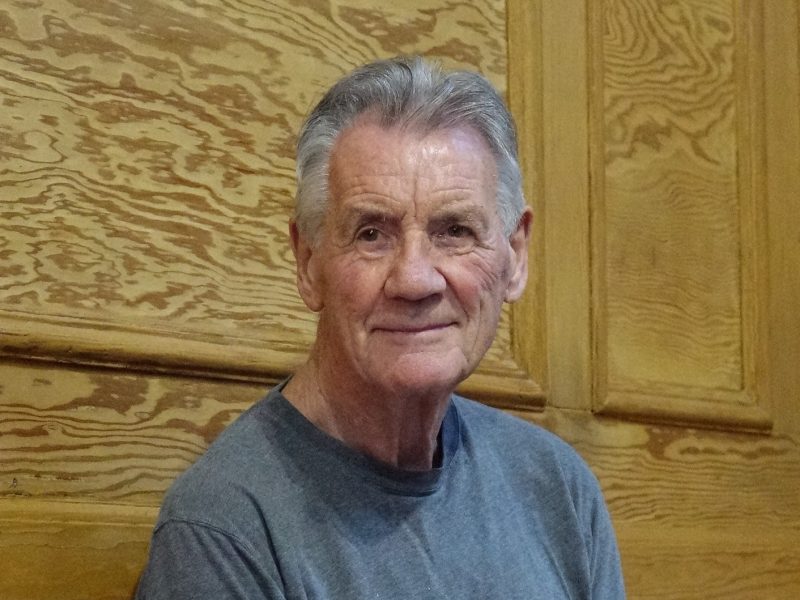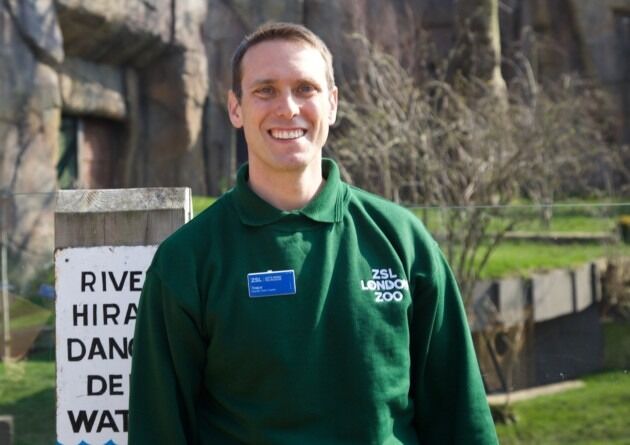 Adrian and Bahri have been fostering for Camden for nearly two years. Here Adrian talks about the rewards and challenges of being foster carers and their experience so far.
Adrian and Bahri have been fostering for Camden for nearly two years. Here Adrian talks about the rewards and challenges of being foster carers and their experience so far.
How did you get into fostering?
We first considered fostering with Camden some seven years ago, but for various reasons we withdrew during the assessment process. Five years later our lifestyle had changed and we both felt the time was right to look at having a child in our lives. We weighed up the pros and cons and what we wanted out of the process and felt that fostering was more suited to us than adoption. We made the initial call, joined the Skills to Foster course and were then assessed by our social worker.
What are the rewards and challenges of being a foster carer?
Our biggest challenge was that we had not had our own children; we have had some experience with children, but we had never raised our own. We were not sure if what we were doing was the ‘right’ thing. But our supervising social worker was very helpful in building our confidence and providing that much needed other opinion. She said it was not as big an issue as we expected.
Even though we are relatively young foster carers (compared to the national average), one of the most interesting things we have had to learn is what it is like being a teenager in today’s society. The pressure on them is massive and our job is to help them cope so that they are able to move towards independence in a few years. The challenge of being a ‘streetwise’ carer and learning about teenagers today has proved to be entertaining.
Although it sounds strange, one of the biggest rewards has been when our child starts to open up and show emotions and cry. It’s a real breakthrough when they have enough trust in you to be able to show emotion. When that big wall that they have built to protect them starts to be taken down, it can be so rewarding.
The opening up, seeing a child relax and smile, seeing the child improve in confidence, understand the need to be healthy and be totally relaxed in your home makes the challenges faced all worth it.
How would you describe your fostering experience so far?
Our lives have become so much busier than before; the weekends of relaxing on the sofa are over and our schedule of social activities, trips and meeting our child’s friends mean that our regime has totally changed.
Fostering is a steep learning curve, and the key thing we have learned from our child and our supervising social worker is that you don’t have to do everything perfectly first time, and there is no one-size-suits-all approach to looking after children. There is a lot of trial and error and learning to adapt, especially when it comes to setting new routines and learning to live with a stranger.
Thankfully, we were initially approved by a panel as respite carers for our child for five months (looking after him over the weekend and then extended periods over the school holidays), so that we could build up our experience and at the same time decide whether we as a couple could cope with fostering a child with developmental delay and special needs. This period helped us assess our strengths and weaknesses and the flexibility of our employers, so that when we went back to the panel we were approved as full-time carers for our child.
Would you encourage other people to consider becoming foster carers?
Without a doubt – if you have the slightest inclination that you want to do it, then go for it. At the start it seems daunting and somewhat scary – you are responsible for a ‘stranger’. But you are not alone, and there is a large team of people who are willing to help and assist you.
The rewards for changing someone’s life prospects, and changing your own life, are second to none.



